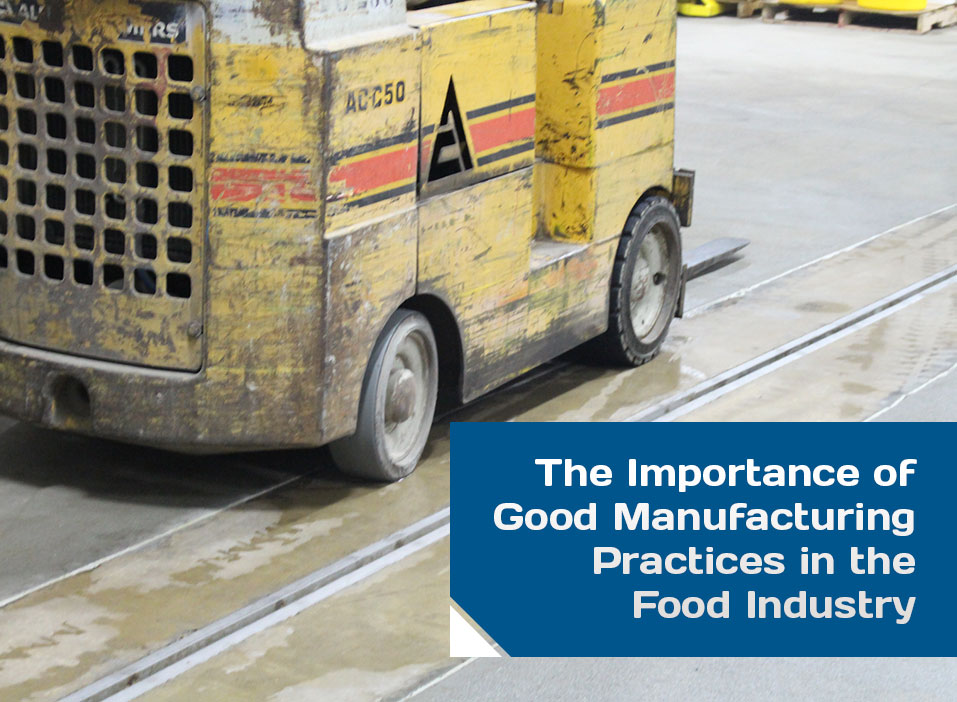
Consumers have put a great deal of trust into manufacturers, using thousands upon thousand of products daily, with medicines, car parts, cosmetics, and food being some of the top categories. When these important products get recalled, consumer trust slips and a brand's future is called into question.
Manufacturers need to do everything they can to foster the trust they are given, and take the necessary steps to keep it. One way to do that is by implementing Good Manufacturing Practices (GMP).
What Are Good Manufacturing Practices?
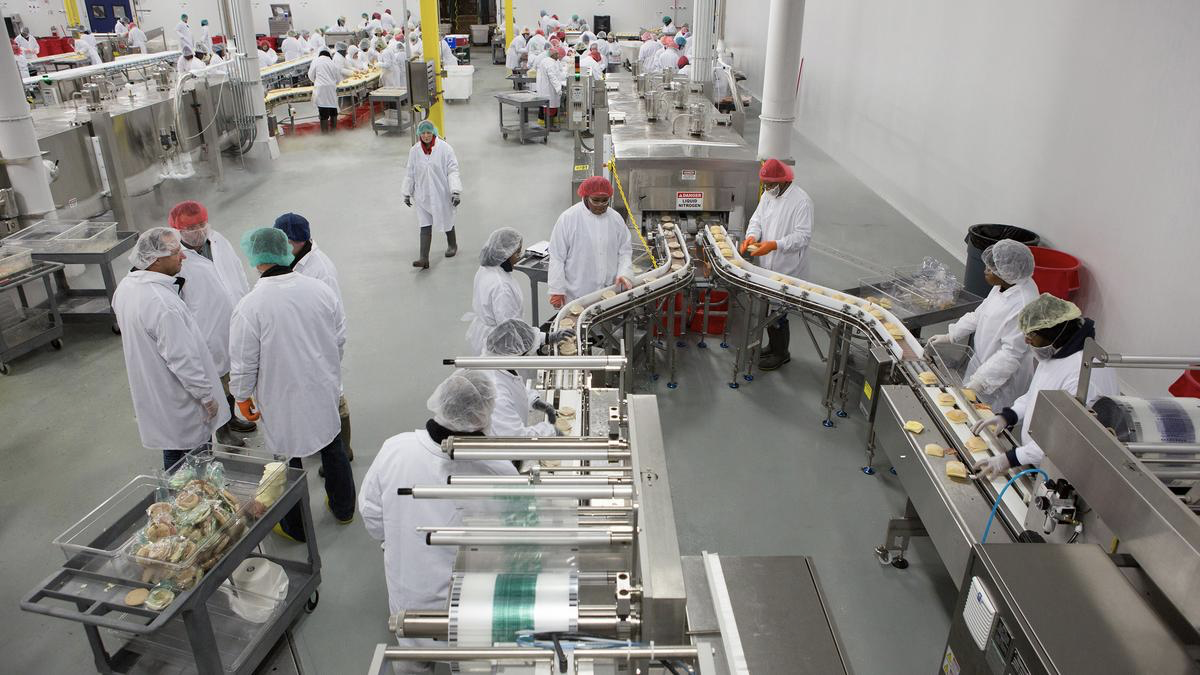
Good Manufacturing Practices (GMP) is a system that ensures that the goods produced by various manufacturing facilities are consistently produced and controlled according to specified quality standards. There are GMP systems for everything from cosmetics to pharmaceutical products to, of course, food.
GMP looks at every aspect of the manufacturing process to guard against potential risks that can prove detrimental to products and consumers, including cross-contamination, mislabeling, and adulteration.
The FDA regulates the Current Good Manufacturing Practices (CGMP), and therefore requires companies to abide by their specified guidelines. They are considered "current" because, as new information is discovered, the Good Manufacturing Practices released by the government will change to reflect the new findings.
These practices are made to be flexible so that companies can adjust them (within reason) to fit their specific needs, while still meeting specific guidelines.
Why Good Manufacturing Practices Are Important
Good Manufacturing Practices help ensure the proper design, monitoring, and control of manufacturing processes and facilities, while securing the identity, strength, and quality of their products. When implemented properly, GMP can help cut down on facility losses and waste and also help to protect consumers, the environment, and the manufacturer from harm.
They help facilities earn and maintain the trust of consumers who want to know the products they buy are manufactured in safe, well-regulated environments, to government standards.
Good Manufacturing Practices in the food industry are especially vital due to the constant threat of recalls. Consumers have become increasingly aware of food safety and expect companies to take steps to increase their accountability, and provide them with safe products.
What Do Food Industry GMP entail?
Though Good Manufacturing Practices may differ from sector to sector within the food and beverage manufacturing industry, there are some general practices that must be followed at all facilities.
1. Quality Management
Quality management is a principle that focuses on ensuring that manufactured products are fit for their intended use. For food, this means ensuring that the food meets the FDA's food safety and quality measures. There should be no raw, expired, or improperly processed products that can potentially harm consumers or cause contamination.
2. Sanitation and Hygiene
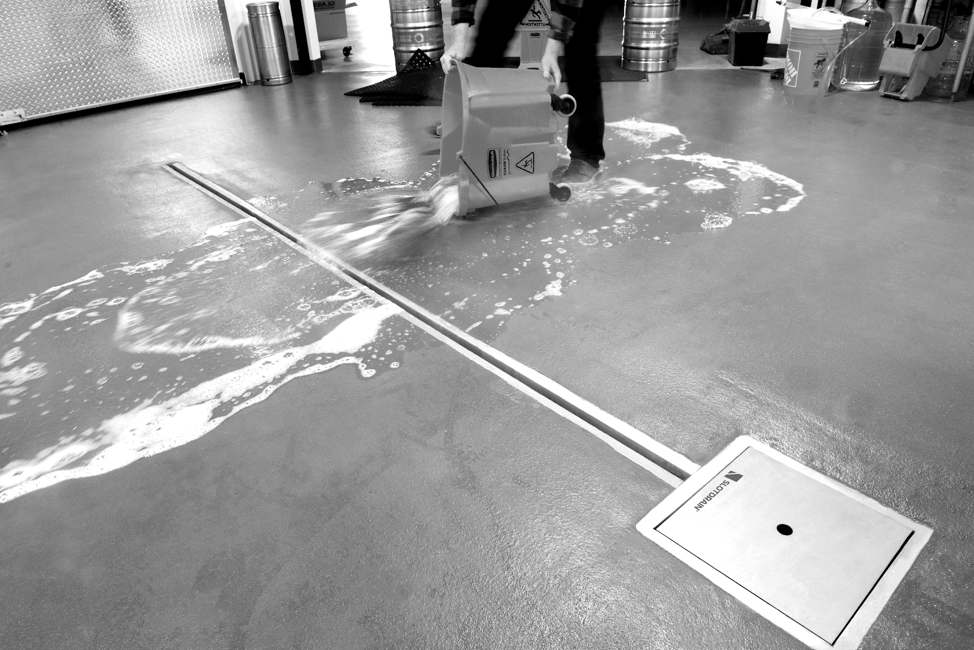
In a food and beverage manufacturing facility (as well as in cosmetics, drugs, and other contamination-prone settings), few things are more critical than sanitation and hygiene. This covers everything that can lead to contamination, including ventilation, equipment upkeep, and proper floor drainage.
One step a facility can take to ensure proper sanitation and hygiene is to install a food-grade stainless steel slot drain drainage system. A slot drain is a grate-free in-floor drain that is resistant to extreme temperatures, corrosion, and bacteria. It comes pre-sloped and pre-assembled, making it easy to install and maintain, and it is an ideal drainage solution for whole-facility food safety.
3. Suitable Facility Locations
The FDA's Current Good Manufacturing Practices state that manufacturing facilities should be in a suitable location, free from the risk of any contamination. Additionally, the facility should be designed to help minimize the risk of potential errors in operations and should be easy to clean and maintain.
4. Equipment
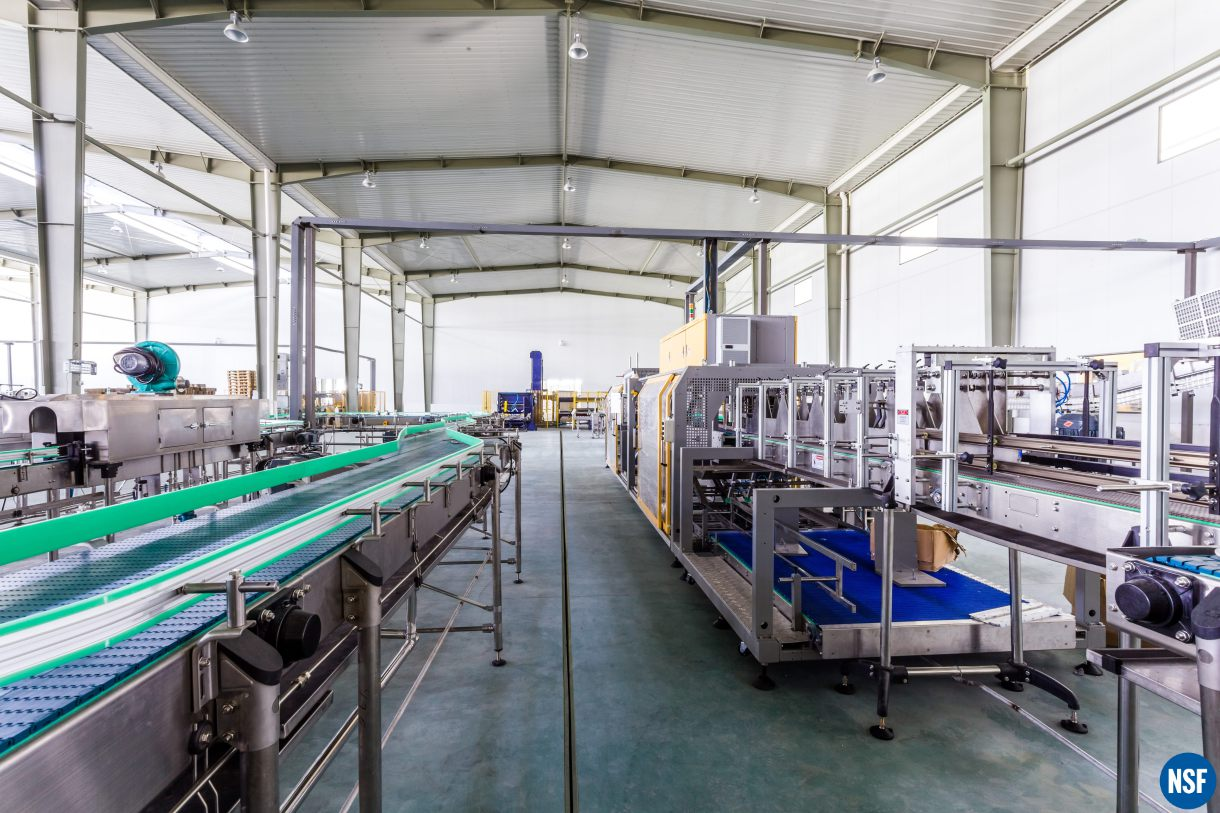
Similar to location requirements, any equipment within the facility should be designed, located, and maintained properly in order for it to function as required. All equipment should also be regularly cleaned and stored according to the proper procedures and promptly removed or repaired if found to be defective or malfunctioning.
5. Raw Materials
Any materials for production are required to be stored appropriately according to HACCP principles. Furthermore, a proper inventory of as well as origin documentation for of raw materials should be available and updated regularly to ensure quality.
6. Personnel
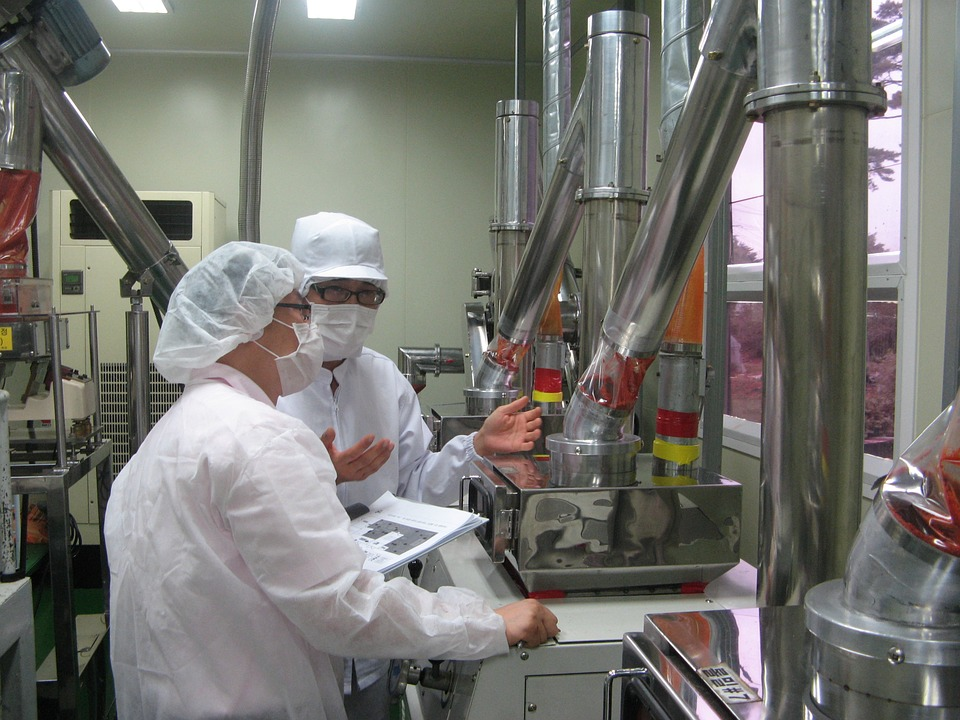
Naturally, successful GMP compliance relies heavily on facility personnel. Everyone who works within the facility should be well-trained and qualified. They should have a clear awareness of the various GMP principles and receive continual training in order to maintain and improve job skills while keeping abreast of FDA updates.
7. Validation and Qualification
The critical steps of the manufacturing process should be validated to ensure they meet specific GMP qualification guidelines. Regular reviews of this process will also help to ensure that product quality remains consistently high.
8. Handling Complaints
All companies and facilities should have a GMP-compliant system for handling complaints. The ideal complaint system should include prepared solutions for all contingencies within the facility.
9. Documentation and Record keeping
Everything about a facility should be documented in a clear, legible manner. All documents should be kept in an organized system where managers can easily find and refer to various aspects of the facility at any time.
This is key in not only creating a paper trail, but in enhancing accountability for a facility and its governing organization or company as a whole. That extends to employees, as well, and can also be a means of ensuring transparency with consumers.
10. Inspections and Quality Audits
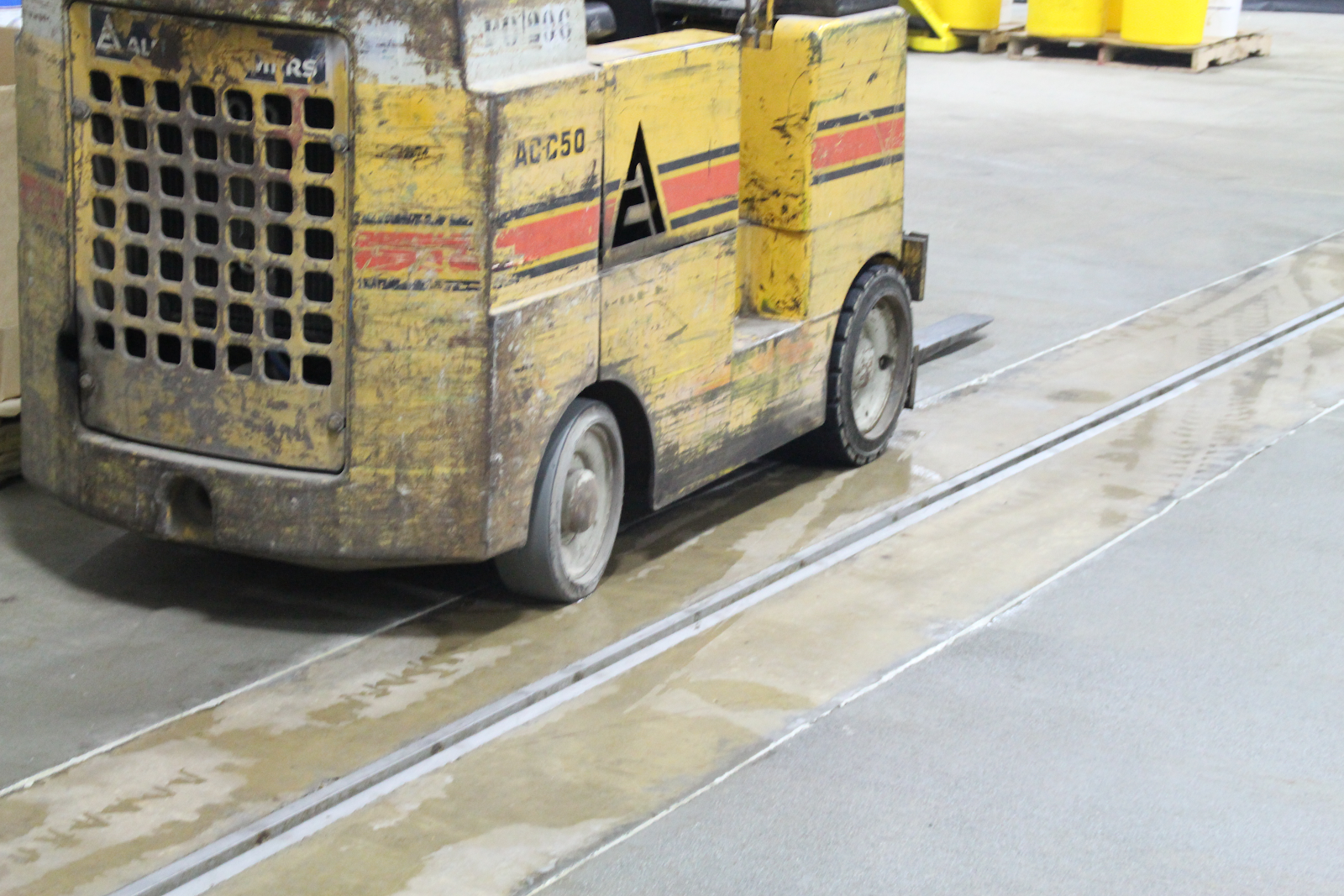
Regular inspections and quality audits will help facility managers ensure that Good Manufactuing Practices are in place and being consistently observed at all levels.
It can be easy to become complacent when things are running smoothly, but small slip-ups can lead to enormous consequences, so constant vigilance is required — especially when consumer safety and trust is on the line.
Complying With GMP
Regardless of the type of manufacturing facility, Good Manufacturing Practices are a critical to a company's ability to produce high-quality products that consumers can rely on. GMP compliance shows that your organization is making a concerted effort to remain responsible, which fosters trust and loyalty.
Questions?
Good Manufacturing Practices are vital to the operational success of your facility. One such aspect is ensuring that all your equipment is as functionally effective as possible. Contact us today to speak with a drainage expert who can work with you to help you develop best practices by literally starting from the ground up — with your floor drains.

